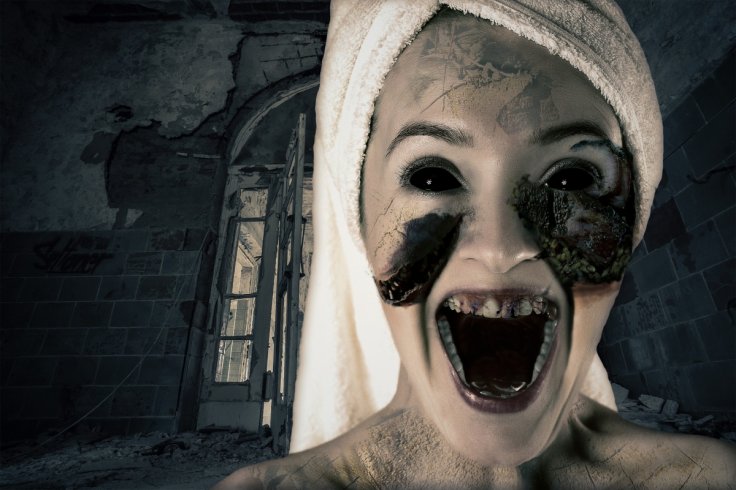The mysteries surrounding the existence of ghosts have been perplexing humans for ages, and until now, no studies have proven the presence of souls, spirits, or demons among us. Interestingly, most people who have sighted ghosts say that their chilling paranormal experiences occurred at midnight.
Are Ghosts Real?
Now, a top expert has revealed that paranormal experiences faced by several people are in no way connected to ghosts. Instead, it is closely associated with the sleeping pattern of the individual. Alice Gregory, professor of psychology at Goldsmith's University, believes that many people often confuse sleep disruption with ghosts.
In an article published in The Conversation, Gregory claimed that sleep paralysis often plays a crucial role in disrupting the calm sleep of people, and the distress during these moments can make people believe that they are experiencing a paranormal event.

"When we sleep, we cycle through different stages. We start the night in non-rapid eye movement (NREM) sleep – which gets progressively deeper. We then cycle back until we hit rapid eye movement (REM) sleep. During REM sleep we are most likely to have vivid dreams. But during sleep paralysis, features of REM sleep continue into waking life. Those who experience it will feel awake yet might experience dream-like hallucinations and struggle to move. This experience is pretty common, occurring in around 8 percent of people," wrote Gregory.
How Gregory Educated a Woman Who Believed in Ghosts
In the article, Gregory also shared her experience of educating a woman who believed that a ghost existed in her house.
"I spoke to Mrs. Sinclair, who is 70, and lives alone. She told me about what she had thought was a ghost living in her house, an imp throttling her during the night, and other things that had left her petrified. Having scientific explanations provided her with immense comfort and she no longer believes in paranormal explanations for the things that she experienced," added Gregory.
Gregory added that the best way to avoid sleep paralysis is to reduce anxiety and learn more about the scientific principles associated with sleeping patterns.









